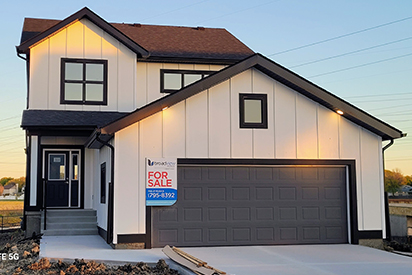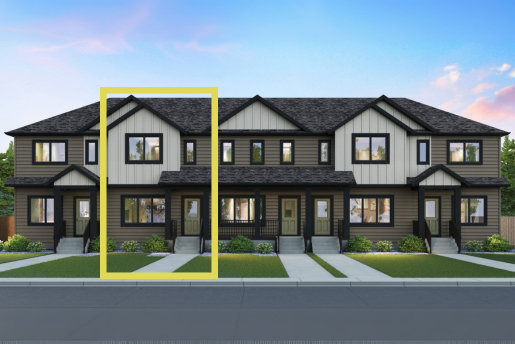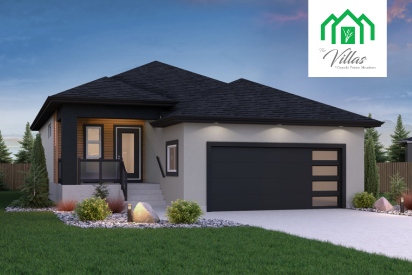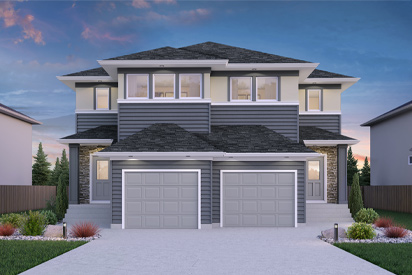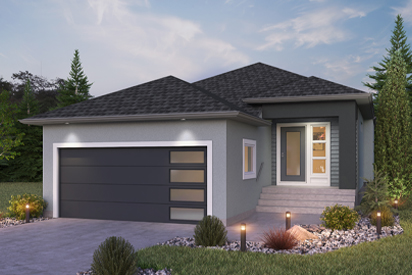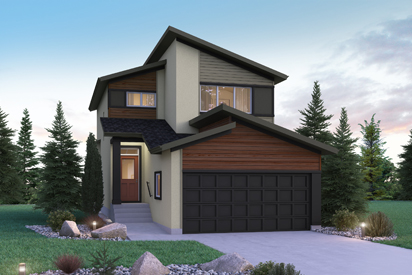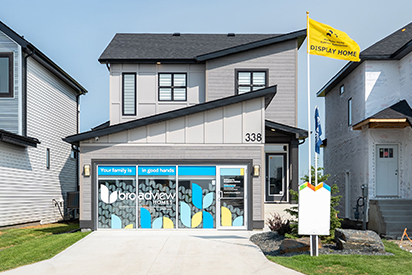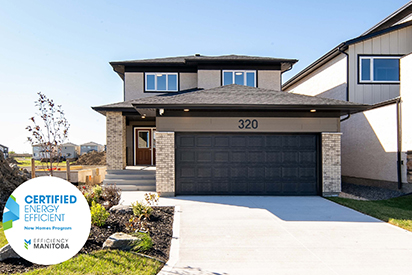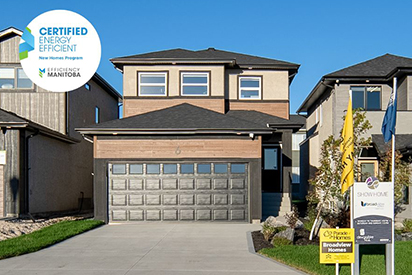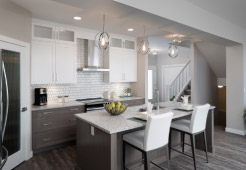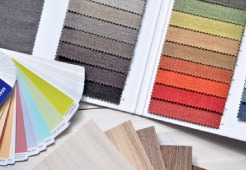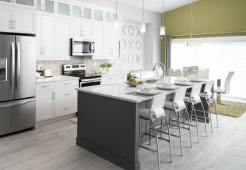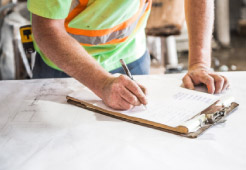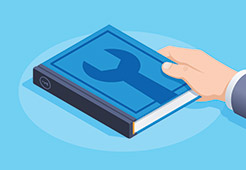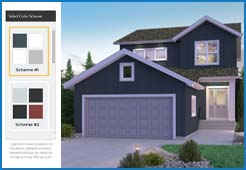Buying Your First Home in Canada: Part 3 - After You Buy

 Once you get the keys to your home, you may think that your homebuying adventure is over. In fact, it’s only just begun. You need to be diligent about taking care of your home and managing your finances because if you fall behind on the bills, the bank can repossess your home.
Once you get the keys to your home, you may think that your homebuying adventure is over. In fact, it’s only just begun. You need to be diligent about taking care of your home and managing your finances because if you fall behind on the bills, the bank can repossess your home.
Homeownership can feel overwhelming at first, but our guide will help you manage the ups and downs.
Make On-Time Mortgage Payments
When you closed on your home, you likely found out how to make your mortgage payments. Most banks require you to set up automatic payments, and they’ll simply remove the money from your account every month. This makes it easy to make your payments on time because you don’t have to do anything.
Some banks give you the option of sending a cheque each month. If you choose this method, remember to make your payments on time and factor in the time it might take the cheque to reach the bank. Late payments will negatively affect your credit score.
If you ever have trouble making a payment, contact your lender immediately. They will work with you to find a solution.
Build Up Your Emergency Fund
In a brand-new home, you don’t have to worry about things breaking down, but you might have other unexpected expenses like car repairs. Your savings might have gone towards the down payment, closing costs, moving fees and other costs of buying a home, but it’s important to start building up your savings account again. When you have these financial emergencies, you want to be able to turn to your savings account, not your credit card.
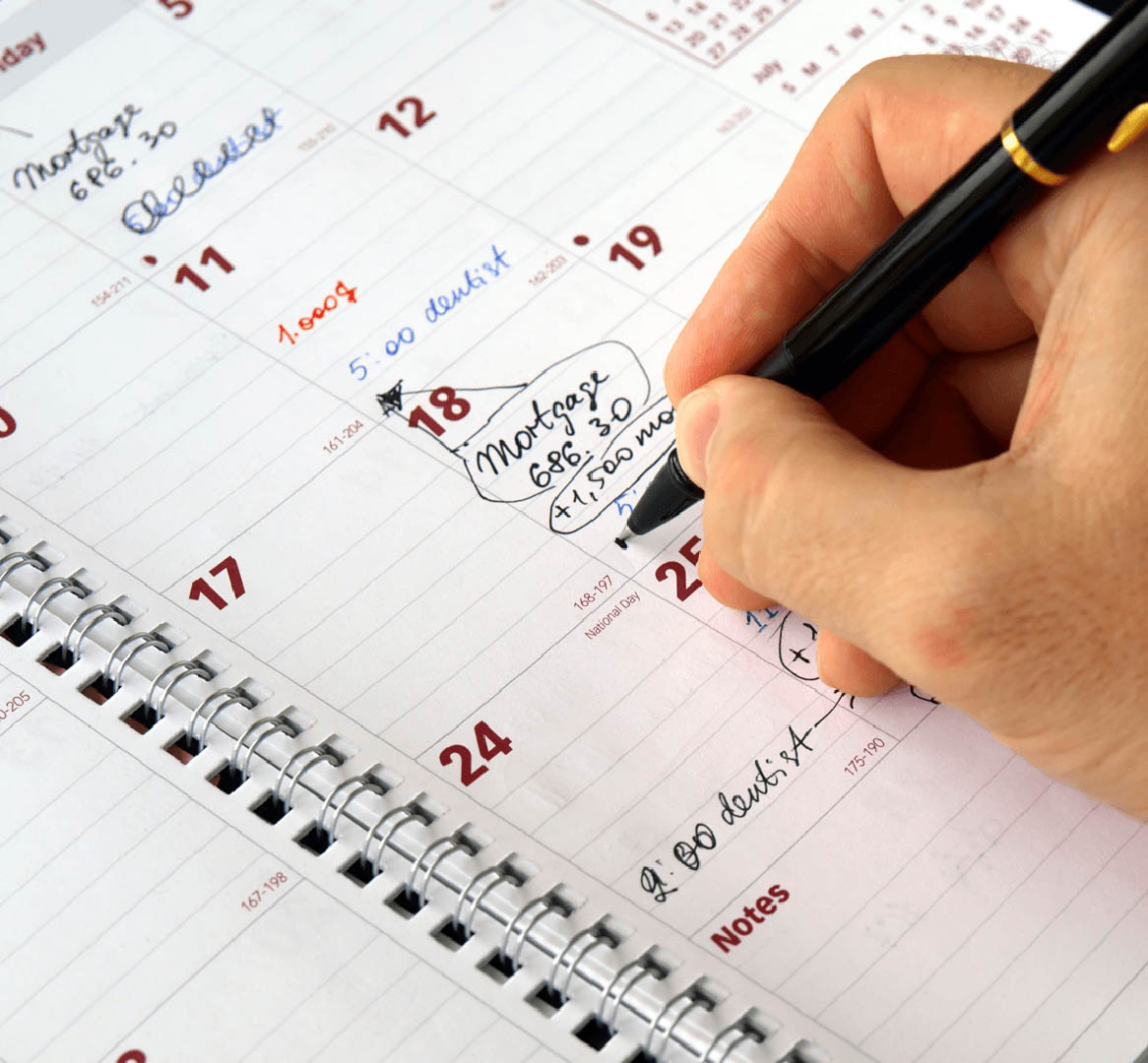 Create a Maintenance Schedule
Create a Maintenance Schedule
Everything in your home requires maintenance to stay in top condition. Refer to the packet of information you received on closing day to see how often you should maintain things. For instance, your furnace may require an annual tune-up by a professional, and you may need to replace the filter every month or two. Make a list of these requirements, then put them on a calendar. Most of the time, there will be some type of fee associated with the maintenance, so be sure to add this to your budget.
Create a Budget and Stick to It
Budgeting for your first home helps you stay financially stable. During the first year in your home, it can be hard to expect how much you’ll have to pay for various utility costs. A brand-new home tends to be energy-efficient, which reduces utility costs, but if you’re coming from a smaller home, the bills may be higher than what you’re used to.
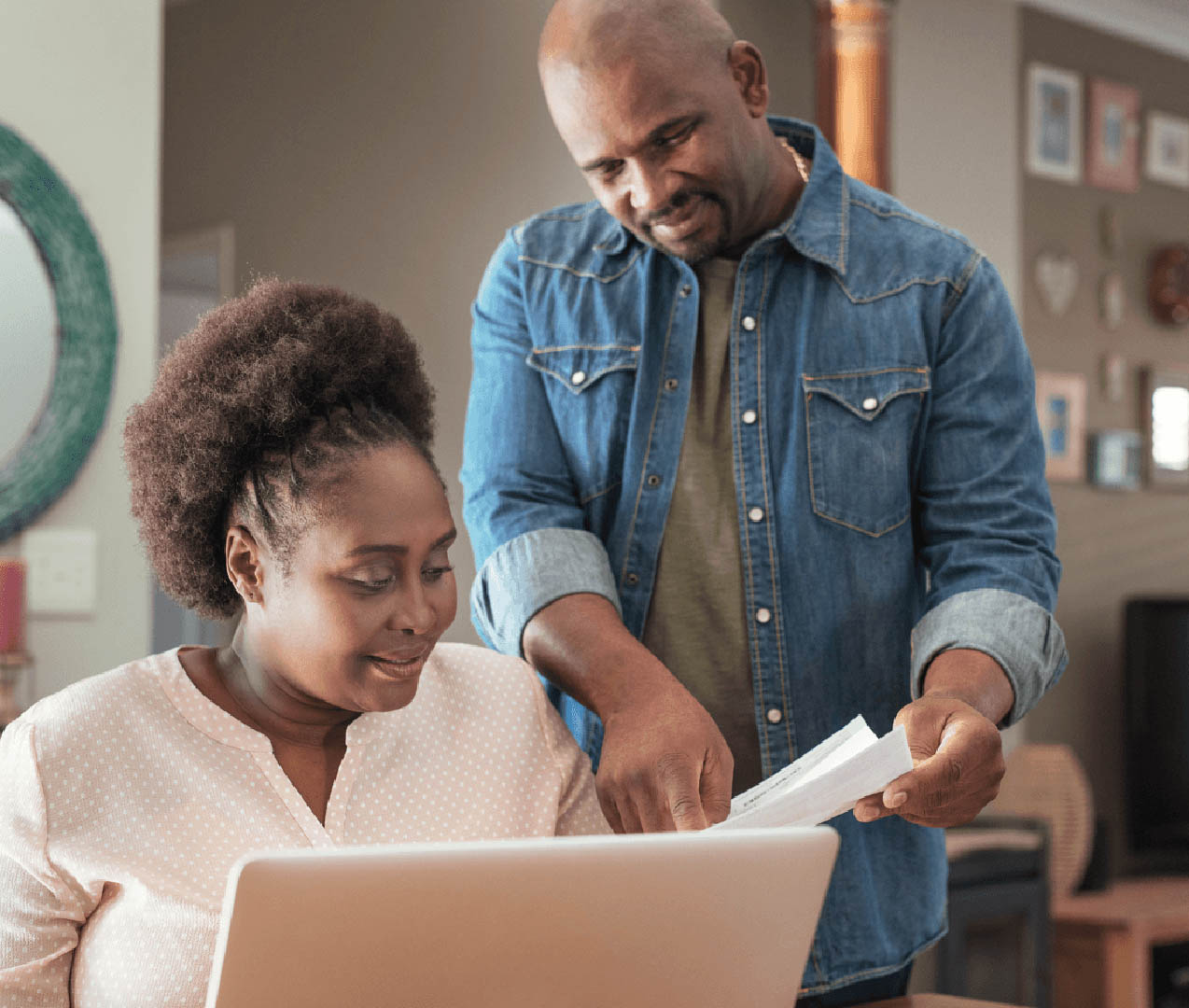 After calculating the true cost of your new home, track your expenses so that you can properly budget. Don’t forget to include money for your emergency account in the budget. Once you’ve created the plan, stick to it. You may have to pass up on some fun opportunities, but you don’t want to go into debt. It’s always better to live within your means.
After calculating the true cost of your new home, track your expenses so that you can properly budget. Don’t forget to include money for your emergency account in the budget. Once you’ve created the plan, stick to it. You may have to pass up on some fun opportunities, but you don’t want to go into debt. It’s always better to live within your means.
Keep Up with the Little Things
In addition to the maintenance you have to do on your major appliances, you also want to keep up with some of the little things that could turn into problems. Carpets should last 10 years or more, but if you never clean them, you’ll soon be dealing with unsightly stains in high-traffic areas.
Going into a new home is like starting with a clean slate. You have the opportunity to avoid clutter from the beginning, but you have to continuously stay on top of things like putting the mail away and sorting through the papers that the kids bring home from school.
Build Good Relationships with Your Neighbours
As a homeowner, you want to become more invested in your community. You and your neighbours will both be living in your homes for many years, so take some time to develop that relationship. Introduce yourself. Say hi when you pass on the street or at the grocery store. You can become even more involved by joining a community group or the Parent-Teacher Association. Having friendly relationships and a good standing in the community means that you’ll always have people looking out for you and your home.
When you bought your home, you took on a lot of responsibility. The good news is that owning your own space is such a joy, that you won’t mind. Simply get organized so that you always have the money you need and can take care of all the small projects that go along with owning a home.

